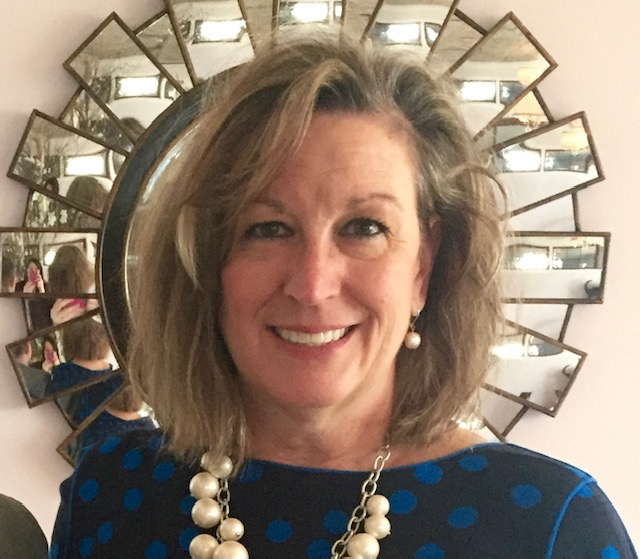
Diane Miller Sommerville is a professor of history at Binghamton University. She teaches “Sex in American History” and “Women, Family and Sex in the Early United States,” which focus on issues regarding sex, sexuality, race and reproductive justice in the United States. She has several publications that focus on gender and race in the American South during the Civil War era and throughout the 19th century. Her most recent research is a study of postpartum disorders in the South.
As she is an expert in her field, Pipe Dream interviewed Sommerville about her courses and research, the importance of studying sex and sexuality and how they impact modern society. Her answers have been edited for clarity.
1. Why is the study of sex and sexuality important?
“The history of sex and sexuality is central, not peripheral, to American history. Forces have been deployed to deny Americans fundamental rights related to sex — reproductive freedom, sexual identity, interracial marriage, forced sterilization — all of which are matters of social justice. Knowing something of our nation’s past informs our ability to counter current and future efforts to infringe on these very intimate and personal rights.”
2. How does the content of your courses relate to issues relating to gender, sex, and reproductive justice in the modern United States?
“We begin in the course by looking at pre-modern efforts to control reproduction. All societies at all times have developed methods to limit or forestall pregnancy. In the [United States], the criminalization of abortion at any stage came after the Civil War. We know that strict criminalization of abortion did not stop abortions. It merely made them unsafe. Scores of desperate women died when they sought so-called ‘back alley’ abortions. And because of the Dobbs decision, we’re back to where we were 150 years ago — women and girls dying because they are being denied reproductive health care. The only way forward, again we learn this from history, is to organize opposition to extremist policies and hold elected officials accountable.”
3. What do you think is the most significant impact on individuals and society of recent restrictions on abortion and reproductive health rights?
“It’s hard to identify a more radical, harmful act to reproductive rights than the Dobbs decision. It has set the country back generations. The fundamental right that I had — to choose to terminate a pregnancy — is now one denied to my daughter in many states. It’s the only time in constitutional history that we’ve actually lost a right. And there are real-world consequences we see play out every day — women who miscarry naturally and are charged with a crime, women who are carrying fetuses incapable of survival and must carry them to term and young girls who are raped and become children who have children.”
4. Much of your work centers around the Civil War era and the American South. Can you discuss the significance of this in terms of the history of sex and sexuality in the United States?
“The South in particular, but not exclusively, has a complicated history involving race and sex. It is impossible to overstate its importance and reach. Beginning in the 19th century, white southerners played the race card by tapping into white fears of miscegenation. Ku Klux Klan members terrorized southern men and women of different races who cohabitated. Fears of interracial marriage permeated the South following the Brown v. Board of Education decision in 1954 as opponents predicted that white and Black children attending the same schools would lead to ‘mongrelization.’ Fears that Black men posed a special threat to white womanhood ostensibly led to the lynching of hundreds of Black men. The point that I try to make in teaching is that these stereotypes are lethal and long-lasting.”
5. What is the most important thing that you have learned throughout your research and studies?
“Actually, the most important thing I learned about sex and reproductive history came from my mother. My mother almost died after giving birth to my youngest brother. She had virtually no access to reliable birth control and consequently gave birth to four children in less than five years. After she nearly hemorrhaged to death with child number four, her doctor advised her to have a tubal ligation because a future pregnancy would put her life in jeopardy. The hospital rejected the request because of its standing policy that no woman under the age of 30 could be permanently sterilized. A group of white men who had no stake in my mother’s health and well-being decided that they knew what was best for her. This real-world example of the impact of radical policies that deny women the right to decide what’s best for them informs my approach to the history of sex and fuels my passion for reproductive justice.”
6. Do you have any additional comments about the subject?
“I’m worried, frankly. A state in which lawmakers ignore the counsel of medical professionals, force their own religious principles onto others and enact legislation that forces women and girls to undergo pregnancy and become parents involuntarily gets us closer to living out ‘The Handmaid’s Tale.’ We are seeing human rights violations becoming the norm. It will take massive grass-roots mobilization and unprecedented political engagement to undo the cumulative damage of the last years’ efforts to deny women basic reproductive freedoms. My hope is that my students will recognize this and carry on the fight that should have already been won.”


